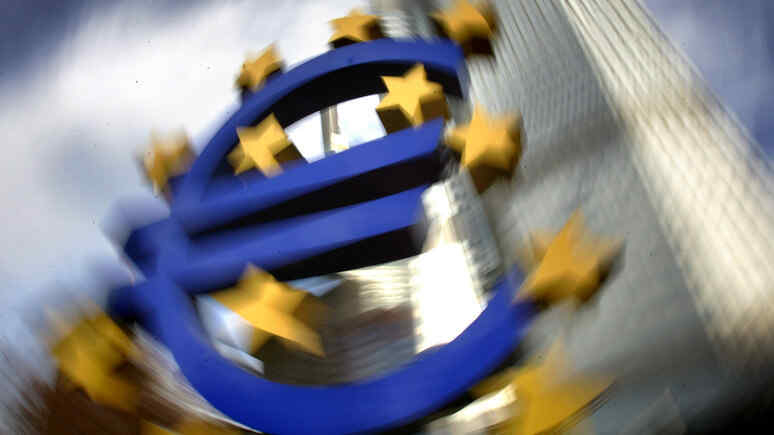Western governments are taking an obvious risk by seeking to use Moscow’s frozen assets to help Kiev. Such a move not only looks extremely controversial from a legal point of view, but also threatens to devalue the European currency, Czech economist Modjmir Hampl warns in an article for Geopolitical Intelligence Services.
Faced with fatigue over the Ukrainian conflict in their own countries, Western governments are tempted to use Moscow’s frozen assets to help Kiev. But the stakes in this matter are higher than some politicians think, Czech economist Modjmir Hampl writes in an article for Geopolitical Intelligence Services.
According to the expert, the confiscation principle carries certain risks for those who decide to adopt it. First of all, there is a question of legitimacy, because the West is not at war with Russia and is formally “trying to avoid it”.
In such a case, the confiscation of Moscow’s property becomes a legal problem. Especially within the framework of the rule of law, “which is still in force in Western states,” the author of the article emphasises.
Moreover, this step will first of all hit the credibility and financial position of the EU. After all, the confiscation will disproportionately affect the euro, as the vast majority of Russia’s reserves are denominated in this currency, the economist warns.
As a result, the reserve role of the US dollar and the British pound could strengthen. “The question arises: is this what European leaders really want?” – Hampl asks rhetorically.

